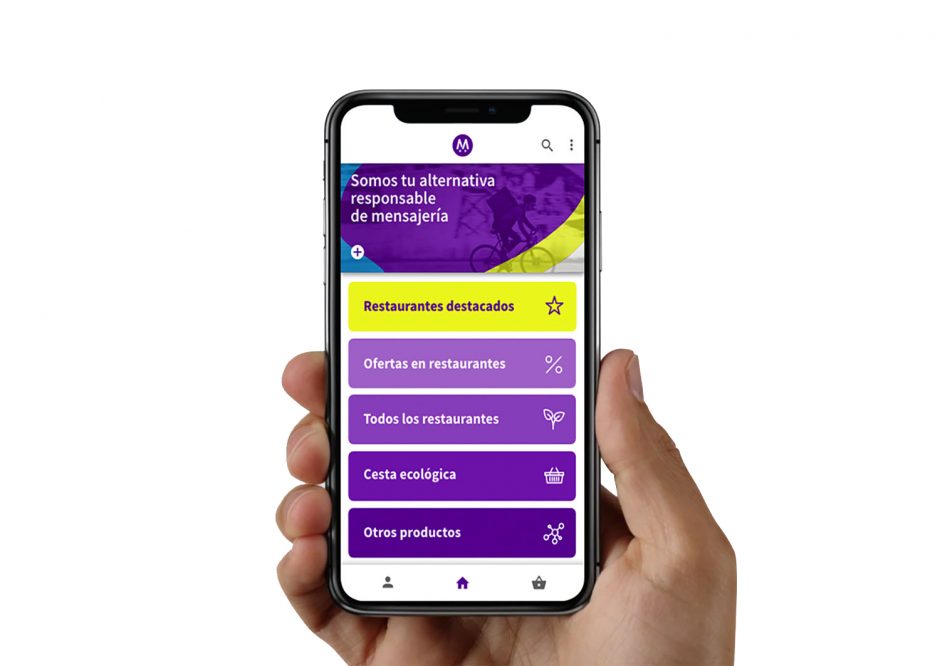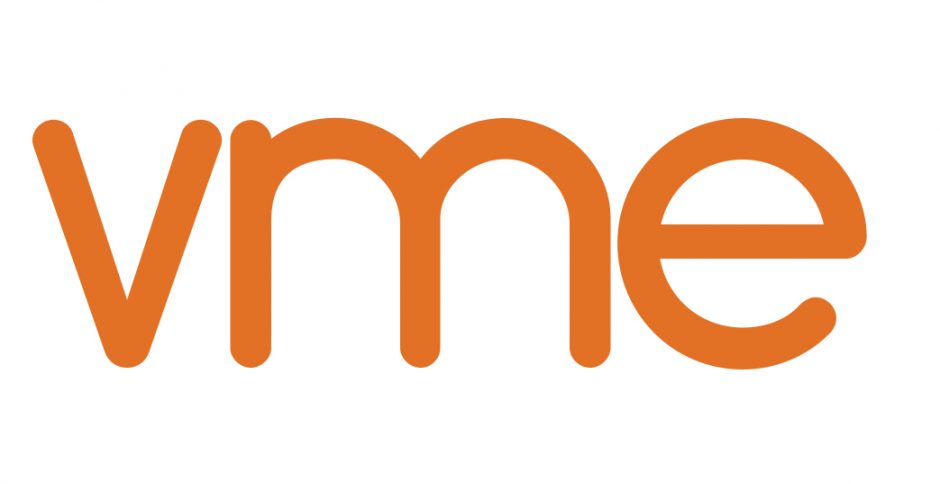The UN Sustainable Development Agenda has positioned science, technology and innovation (STI) as key means of implementation of the SDGs.
Goal 9 – Industry, innovation and infrastructure – specifically refers to the role of technology in achieving the United Nation’s sustainable
development agenda.
Targets include supporting domestic technology development, research and innovation in developing countries; increasing access to information and communications technology; and striving to provide universal and affordable access to the internet in least developed countries by 2020.
Tech can enhance productivity, accelerate economic growth, enable knowledge and information sharing and increase access to basic services. But digital divides can also further inequality. “We need to harness the benefits of advanced technologies for all,” said UN Secretary-General, Antonio Guterres, at the closing of the 2018 High-level Political Forum on Sustainable Development.
The 2019 SDG Report reveals that the share of medium-high- and high-tech industries in total manufacturing value added increased from 40.5% in 2000 to 44.7% in 2016. Yet not all regions across the world benefited. The shares in Oceania (excluding Australia and New Zealand) and sub-Saharan Africa were only 1.9% and 14.9%, respectively.
Similarly, in 2018, 96% of the world’s population lived within reach of a mobile-cellular signal, and 90% of people could access the internet through a third generation (3G) or higher-quality network. But while most live within range of these signals, not all are able to take advantage of them. Half of the world’s population is currently using the Internet, with rates much lower in least developed countries.
Disparities also exist in terms of research and development. In Europe and Northern America, 2.21% of GDP was spent on research and development in 2016, compared to 0.42% and 0.83%, respectively, in sub-Saharan Africa and Western Asia.
Can co-operation help to drive the agenda? The Age of Digital Interdependence, a 2018 report of the UN secretary-general’s High-level Panel on Digital Cooperation, says increasing digital interdependence means that more digital co-operation is required. The panel works to explore ways for various stakeholders to come together to address the social, ethical, legal and economic impact of digital technologies in order to maximise their benefits and minimise their harm.
The report suggests creating digital co-operation networks. These networks would be issue specific horizontal collaboration groups, involving stakeholders from relevant vertical sectors and institutions.
In the UK, co-ops in the tech sector are already working together under CoTech’s umbrella. CoTech is a network of ethical co-operatives and freelancers providing technology, digital and creative services. The network’s members collaborate and share resources and skills to make access to technological know-how fairer and more efficient.
Other co-ops are using the Coopsfor2030 platform to pledge their commitment to the SDGs. More than 300 co-ops do so – including the US-based CoLab Cooperative. In its pledge, the co-op commits to building websites and tools based on partnership and people-focused solutions that support achievement of the SDGs. As part of this, CoLab says it is focusing on starting new partnerships to support the achievement of the sustainable development goals in all countries, in particular developing countries.
The co-op builds platforms for a number of organisations, including Green Worker Cooperative and Up and Go. The former helps immigrants and communities of colour to set up and develop worker-owned green businesses. Similarly, Up and Go, a platform co-op, connects domestic workers with those looking for cleaning services. The cleaners own the co-op and earn a living wage while investing in growing Up and Go locally. In addition to running the company, the cleaners earn more. For every dollar paid for their services, 95 cents goes to the cleaners themselves with five cents going towards maintaining the app. Other agencies or apps distribute between 20 and 50 cents to owners and outside investors, which means that less of the dollar goes to the workers.
In Barcelona, delivery workers are also developing their own app. The project started after delivery drivers employed by the largest delivery apps unionised under RidersXDerechos (Riders4Rights). They went on strike and demonstrated against their self-employed status, which they believed to be inaccurate. They were soon dismissed and decided to set up the Mensaka co-op, launching their own delivery platform.
“We thought it would be interesting to not only attack the platform economy bun also demonstrate that an alternative was possible,” says 24-year-old member Núria Soto.
Mensaka plans to launch its app by the end of the year. Until then, they have started working using an open software app provided by Coopcycle, the European Federation of bike delivery co-ops. To bring their project to life, they launched a crowdfunding campaign though which they raised €18,838 (£17,155).

“We chose the co-operative model because we thought it was the most opposed to the current big platforms. It was also an enterprise model that fit in with our philosophy, putting workers and people before capital,” added Ms Soto.
Car-sharing platforms are another trend – and in Belgium a co-op is enabling people to share electric cars, in line with SDG 7: affordable and clean energy; 11: sustainable cities and communities; and 12: responsible consumption and production.
Lucie Evers, co-founder of Partago, says the project started in 2015 when a few people in the local community in Gent. Members can use the app to reserve an electric car.
Partago started working with SomMobilidad, a Spanish tech co-op which wrote the code and developed the app. SomMobilidad forms part of SomEnergia, a renewable energy co-operative. The two co-ops met through ResCoop EU, the European federation of renewable energy co-ops, of which they are members. Together they founded the Mobility Factory, a European co-operative enterprise which set up an e-car sharing platform for its members. Each co-op member of the Mobility Factory SCE is co-owner of the IT platform. So far, they have eight co-operative members from four European countries – and they hope the model will be picked up by other citizens across the continent.
As digital connectivity continues to drive the Fourth Industrial Revolution, more disruption is to be expected. In a recent report, the United Nations Economic and Social Commission for Asia and Pacific explores the relationship between technology and inequalities. The research points out that a number of low-income countries lagged behind and did not benefit equally from the digital revolution. UNESCA expects the digital divide to amplify the technology divide and widen inequalities between subregions, countries and people. It adds that the potential of technologies to reduce inequality depends on the capabilities of the poor to access and use technologies and solutions that respond to their needs. Tech co-ops could make a difference by working together as well as providing the technology those affected need to be empowered.

This article is supported by VME Coop (the co-operative behind IntelliStore till and back office software for supermarkets and convenience stores) and is part of a series reporting and discussing technology and its impact on different areas of co-operation. It is editorially independent.
VME’s ambition is for all UK co-ops to run on the same platform, enabling them to work together to grow the grocery co-op market share.